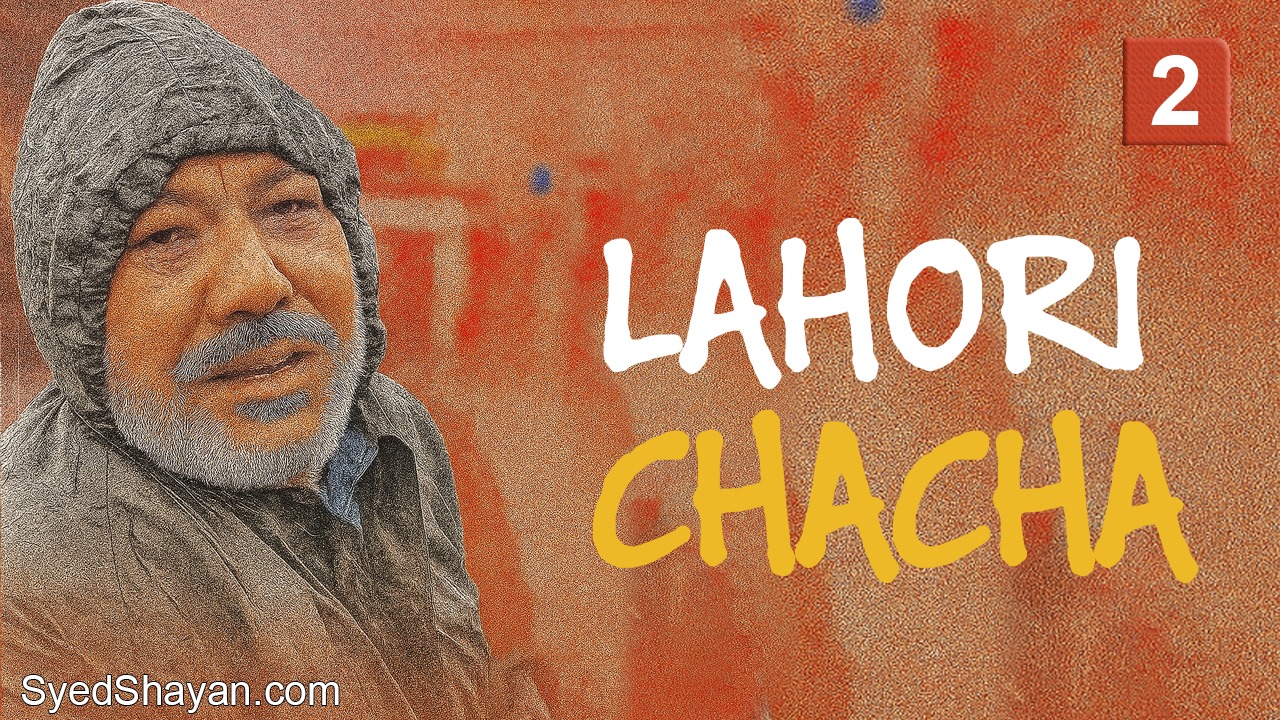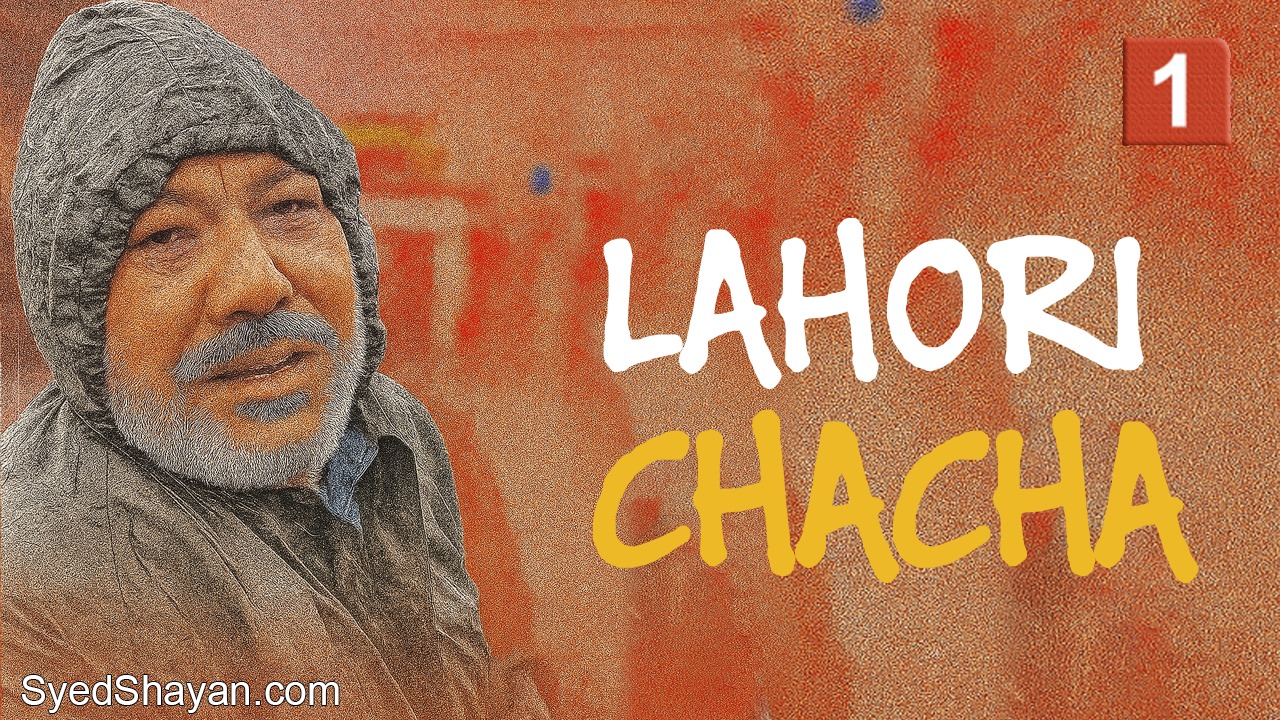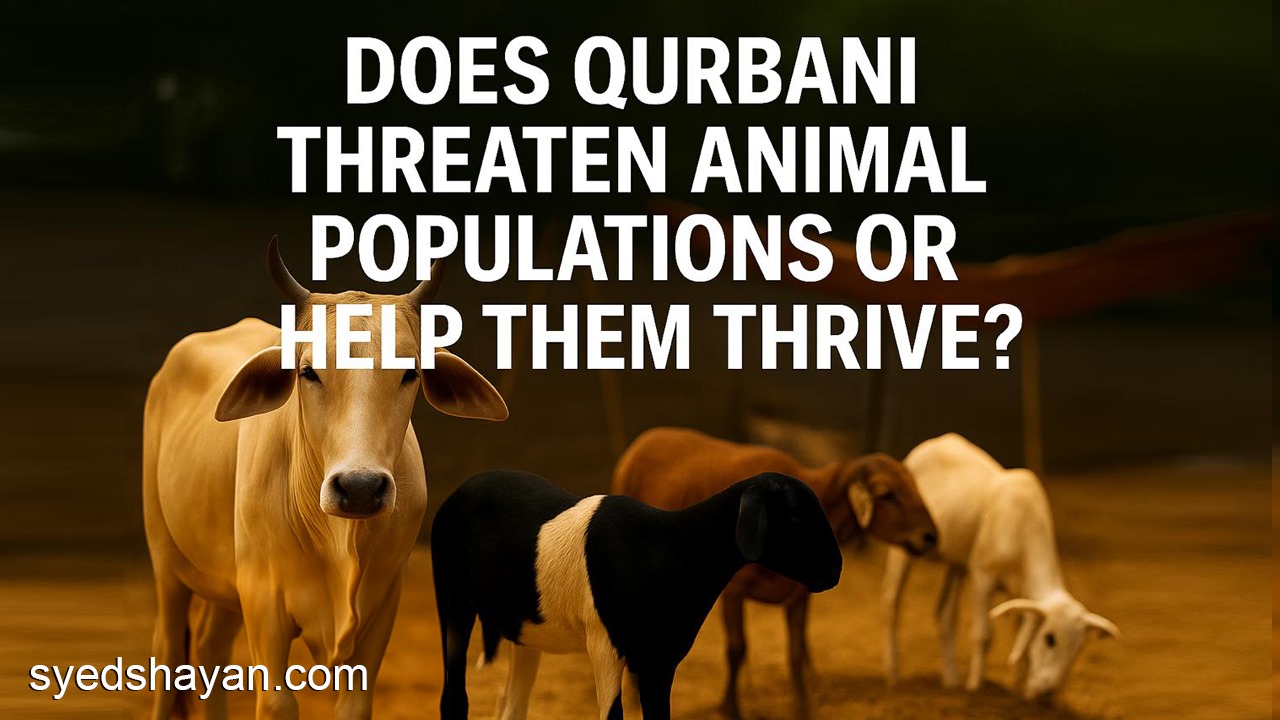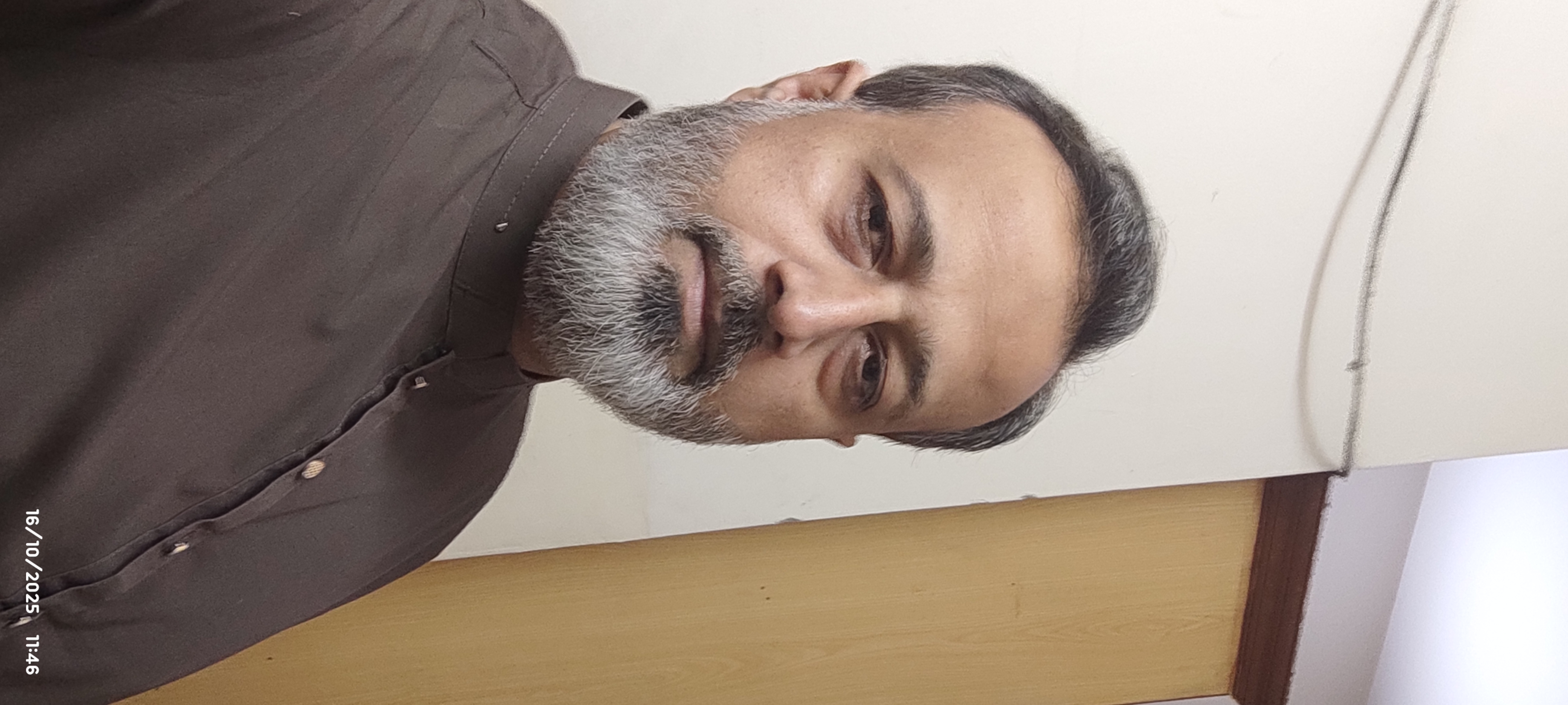By: Syed Shayan

English Version Stats: 7 hr 52 min total reading time by 21 readers
[Urdu version metrics tracked separately]
Lahori Chacha (Part 2)
Lahori Chacha’s Outburst and the Emotional Language of Protest
▫To hurl abuse is akin to punching someone with your tongue.
▫The question is whether Chacha’s words about national leadership are merely condemnable, or also punishable.
▫A study by COMSATS University Islamabad recognizes profanity not just as indecency, but as a self defense mechanism.
▫Research from Stanford, Cambridge, and other global universities suggests that people who swear tend to be more honest and authentic.
Lahori Chacha’s video lasted only a few seconds, but it echoed far beyond the rainy street where it was filmed. A tired, rain drenched motorcyclist, knee deep in water on a flooded road, spotted a camera and erupted. In an instant, all his frustration poured out through words that were angry, unfiltered, and unmistakably profane.
No one is defending what he said. Not here, not anywhere. His language was abrasive, his tone raw, and his words well outside the bounds of decency. But what makes this incident worth examining is what it was not. It was not a political speech. It was not performance. And it was not part of any campaign. It was a moment of spontaneous catharsis, the emotional outburst of a man overwhelmed by a system that had, perhaps for years, failed him.
Society has long taught that to swear is to lack class or discipline. But what happens when a person has no other vocabulary left for pain? Social norms may categorize such speech as abusive, but in the realm of behavioral science, the context demands deeper scrutiny. Sometimes, profanity is not just a breach of etiquette. It is a pressure valve for those who have run out of language and patience.
In 2023, researchers at COMSATS University in Islamabad published a study titled Profanity as a Self Defense Mechanism. Based on data from 253 Pakistani participants, the study concluded that swearing often provides emotional relief. Rather than dismissing it as mere vulgarity, the study identified it as a coping strategy, a form of verbal catharsis that helps people regain psychological balance in moments of helplessness or rage.
This insight is not confined to Pakistan. In 2017, a peer reviewed study conducted by Stanford Graduate School of Business, Cambridge University, and Maastricht University was published in Social Psychological and Personality Science. The title: Frankly, We Do Give a Damn. The researchers found a compelling correlation between profanity and honesty. People who swore more often were found to be less hypocritical, more transparent, and less likely to deceive others. Social media analysis supported this view, revealing that individuals who used stronger language tended to express their opinions with greater sincerity and emotional clarity.
This research challenges the idea that profanity is always a moral failure. Sometimes, it is simply emotional truth stripped of pleasantries. A truth that may not sound pretty, but that rings clear, especially in a society where power and politeness often conspire to silence the frustrated.
Of course, none of this means that all language is acceptable in all settings. Civil discourse matters. Words carry weight. But to treat every emotional outburst as criminal, and every swear word as dangerous, is to misunderstand the human experience. Especially in public spaces where dignity is routinely eroded by broken infrastructure, institutional neglect, or sheer exhaustion.
The English language itself offers clues to how our relationship with profanity has evolved. Words once considered strictly offensive, like fuck, are now used to emphasize emotion, connection, or surprise. A phrase like This is fucking incredible is no longer necessarily hostile. It may express awe, excitement, or raw admiration. The word remains the same, but its meaning shifts with tone, timing, and intent.
That is how language works. It grows, stretches, adapts. It reflects not only rules but reality. And in today’s world, where digital culture merges with personal struggle, words that once shocked can now unite, amuse, or console, depending on how and why they are used.
So when a man like Chacha explodes in public, the focus should not rest solely on the surface of what he said. It should also consider what he meant, what drove him there, and why so many people recognized their own voice in his.
More in the next episode…
3















0 Comment
21 Views